Black Students Create Change for LGBTQ+ Communities in the Heartland
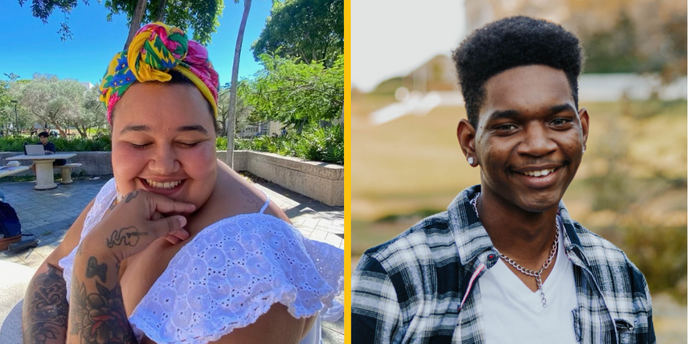
Black students have faced years of institutional racism, debt, and low rates of degree attainment. In response, Black students in America’s heartland have worked to increase opportunities on their college campuses and across the region. During Black History Month and year-round, Point celebrates Black LGBTQ+ leaders like scholars Niya Denise McAdoo (she/they) and Donnavan Dillon (he/him) who fight for equality and build community.
Forming the University of Kansas Black Student Coalition
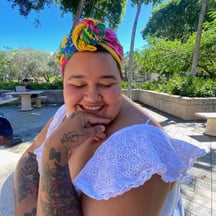
Point Scholar Niya is a longtime advocate for the liberation of students in Kansas. Niya was the child of a single parent growing up in a low-income household in Missouri. Niya was in the University of Kansas' Upward Bound program while a junior in high school. Through this program, they were able to access opportunities they did not think they would have.
Niya attended Highland Community College in Highland, Kansas, then transferred to the University of Kansas. In the wake of the murder of George Floyd, they worked with other Black students at the university to form the KU Black Student Coalition. She also founded the Black Student Union 1968 Legacy Fund, the first endowment fund at KU dedicated to Black students' needs. In 2021, Niya became the second woman of color to serve as the University of Kansas' student body president.
With the help of the Point Scholarship, Niya now studies educational administration as a graduate student at the University of Hawaii at Manoa. She focuses on creating more opportunities for marginalized students in K-12 and higher education.
Increasing Voting Access on Campus
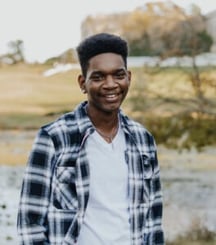
Donnavan, a Point Flagship Scholar and sophomore at the University of Kansas, benefits from and builds upon Niya's work. Born and raised in Lawrence, Kansas, Donnavan became involved in his student council and activism in high school. Donnavan helped create many changes in his school district. Changes included a fair dress code, mental health resources, a no-tolerance bullying policy, and campus-wide gender-neutral bathrooms. In preparation for the 2022 midterm elections, Donnavan increased access to voting education and materials on campus and across the state.
"While voting infrastructure is being expanded on my campus, this is not enough," he said. "There needs to be statewide legislation and guidance that ensures college students across the state have access to a polling location. For too long students and young adults have been a disenfranchised piece of the electorate. It is time that be changed."
Educational Challenges in America's Heartland
Kansas is part of the heartland of America where, according to the Williams Institute, more than 25% of LGBTQ+ Americans live, and about 35% live below the poverty line. In Kansas, LGBTQ+ adults are twice as likely as non-LGBTQ+ adults to be unemployed and three times more likely to be food insecure.
LGBTQ+ people in the heartland have the lowest percentage of degrees and the highest rate of economic insecurity in the country. Niya and Donnavan's work on KU's campus helps Black and biracial leaders in Kansas create systemic change in their communities. The compounding work of school leaders can help the heartland change its statistics.
A History of Multiracial and Black Student Movements
As student body president, Niya drew strength from work done by her predecessor Tiara Floyd, who served as the University of Kansas' student body president from 2019-2020. Tiara was the first woman of color elected to this position. After the 2020 murder of George Floyd, Tiara created the hashtag #BlackatKU. The forum was for Black Students to express their grief and talk about racism on campus. Niya built upon Tiara's work to leave behind a better environment for other Black LGBTQ+ students in the American heartland.
Niya and Tiara's leadership follows in the footsteps of historical leaders like biracial, bisexual drag king Stormé DeLarverie who was one possible catalyst for the Stonewall Riots. More heartland leaders include Phil Wilson, who founded the Black AIDS Institute, Lori Lightfoot, the first Black woman and the first openly LGBTQ+ person to serve as Chicago's mayor, and Andrea Jenkins, who made history in Minneapolis as the first openly transgender city council president in the country. These changemakers inspire today's Black LGBTQ+ students.
Helping Students Access Higher Ed Around the Country
Point makes it possible for Black LGBTQ+ leaders to access places of higher education nationwide. Of the more than 550 students Point awarded, 12% are from the heartland. Of these students, more than half are Black and biracial. The Point Access Scholarship Program focuses on decreasing hurdles they face in higher education. caused by generations of racism and an education system born from discriminatory policies.
The Point Foundation Access Scholarship aims to mitigate obstacles for LGBTQ+ and ally students from backgrounds that have traditionally faced limited access to opportunities by providing them with financial support and access to leadership and professional development.
Related Posts
August 10, 2023, teampoint
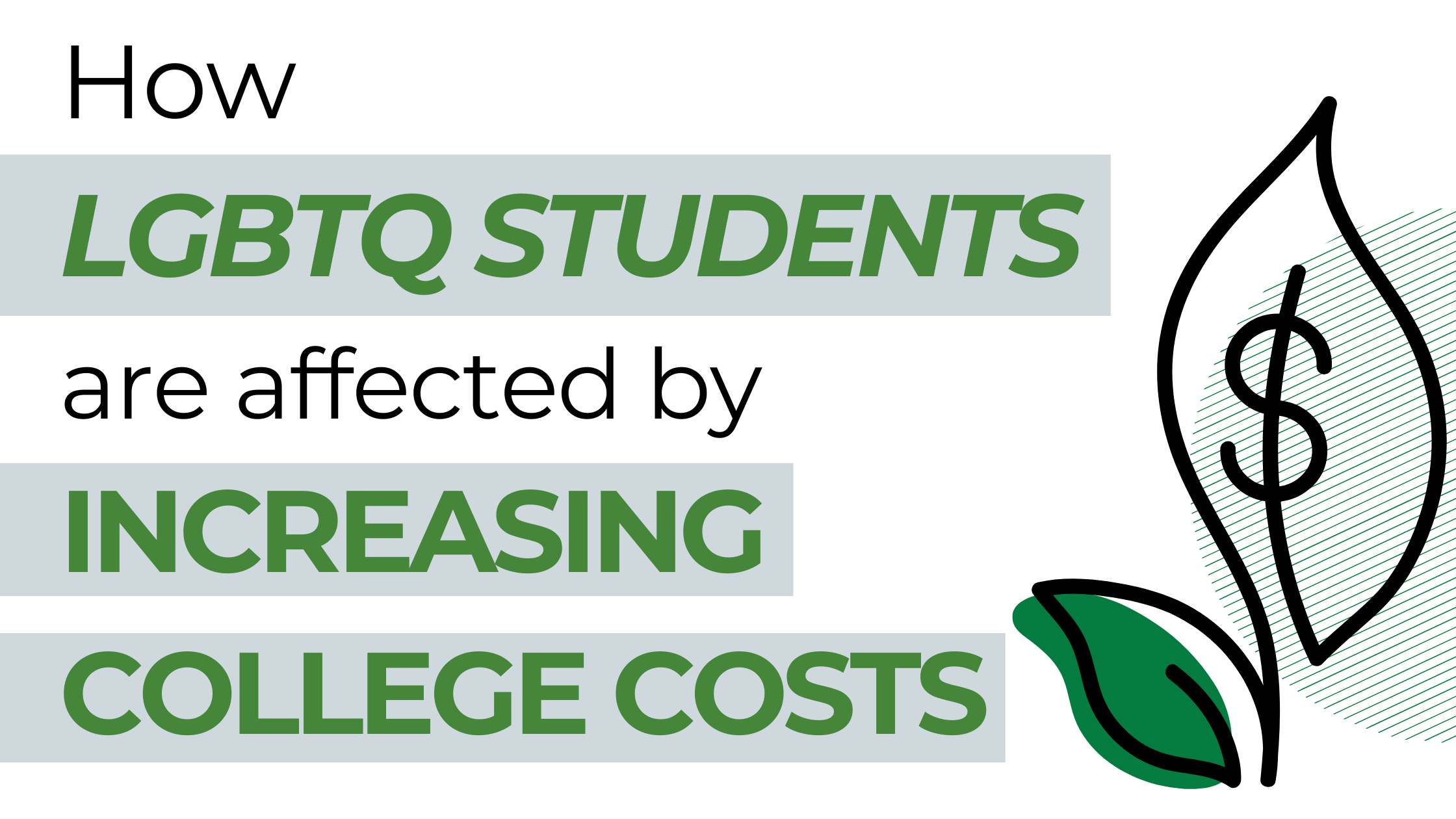
High Price of Higher Education
The price of higher education is increasing and the cost of denying access to those who want to...
May 25, 2023, Kerri Smith-Osei

How to Find an LGBTQ+ Affirming Therapist: 3 Questions to Ask
Choosing a therapist can be a daunting task, especially if you're part of the LGBTQ+ community....
August 23, 2023, Point Foundation
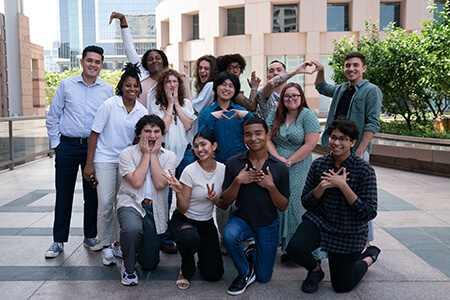
How to Find an LGBTQ+ Affirming Therapist: 3 Questions to Ask
Choosing a therapist can be a daunting task, especially if you're part of the LGBTQ+ community....